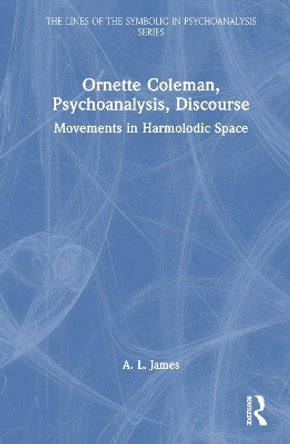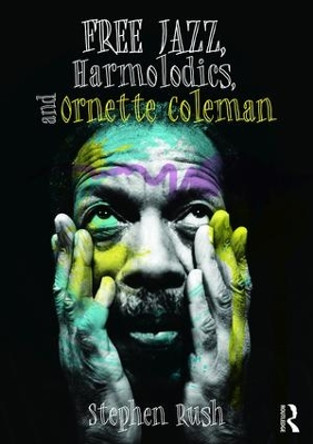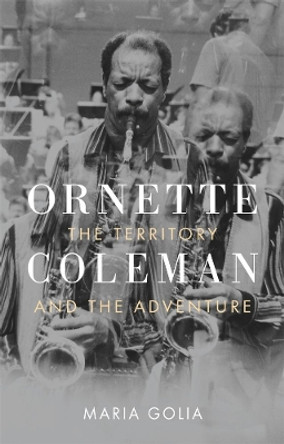Description
Ornette Coleman, Psychoanalysis, Discourse develops tools from psychoanalysis for the analysis of Ornette Coleman's discourse.
In this psychoanalytic, philosophical and musical meditation on what it means to follow, A. L. James presents an approach to the analysis of discourse that is a kind of listening for listening - an attempt to discern in and between the lines of Coleman's speech the implication of new ways to listen, new ways to experience Coleman's music as movement and space - as Movements in Harmolodic Space. Each chapter of this book is oriented with respect to fragments from Coleman's discourse, dealing with a piece, or collection of pieces, from Coleman's work, with particular attention to the implication of relations and relationality. Insofar as Coleman's discourse about his work also contains allusions to fields beyond music, it develops tools that draw elements and structures from these fields together, finding in their relation echoes and parallels.
Ornette Coleman, Psychoanalysis, Discourse will be of great interest to psychoanalysts, musicians, and musicologists. It will be relevant for academics and scholars of psychoanalytic and Lacanian studies, music, and cultural studies.
About the Author
A. L. James is a writer and researcher from London.
Reviews
"A. L. James's brilliant and uncompromising book presents a rigorous and unheard-of way of interrogating the music of Ornette Coleman. It takes its cue from a remark made by Charlie Haden, which becomes the point of departure for a highly speculative journey towards a definition-in logical, topological, and musicological terms-of what it means to "follow" in music. In the best tradition of continental theory, A. L. James lends a psychoanalytical and philosophical ear to the most banal and yet mysterious-the most enigmatically obvious-details in a musician's discourse about his music." - Peter Szendy, David Herlihy Professor of Comparative Literature and Humanities at Brown University
"In this brilliant technical analysis, A. L. James's harmolodic work of love follows Ornette Colman in precisely the way he demanded of his fellow musicians, by tracking the movement of the sonic agalma that both encapsulates and displaces the solitude of the Idea in the space of free difference." - Scott Wilson, author of Scott Walker and the Song of the One-all-alone (Bloomsbury) and Stop Making Sense: Music from the Perspective of the Real (Routledge).
"A. L. James's brilliant and uncompromising book presents a rigorous and unheard-of way of interrogating the music of Ornette Coleman. It takes its cue from a remark made by Charlie Haden, which becomes the point of departure for a highly speculative journey towards a definition - in logical, topological, and musicological terms - of what it means to 'follow' in music. In the best tradition of continental theory, A. L. James lends a psychoanalytical and philosophical ear to the most banal and yet mysterious - the most enigmatically obvious - details in a musician's discourse about his music." Peter Szendy, David Herlihy Professor of Comparative Literature and Humanities at Brown University
"In this brilliant technical analysis, A. L. James's harmolodic work of love follows Ornette Colman in precisely the way he demanded of his fellow musicians, by tracking the movement of the sonic agalma that both encapsulates and displaces the solitude of the Idea in the space of free difference." Scott Wilson, author of Scott Walker and the Song of the One-all-alone (Bloomsbury) and Stop Making Sense: Music from the Perspective of the Real (Routledge).
Book Information
ISBN 9781032534886
Author A. L. James
Format Hardback
Page Count 152
Imprint Routledge
Publisher Taylor & Francis Ltd
Weight(grams) 453g







